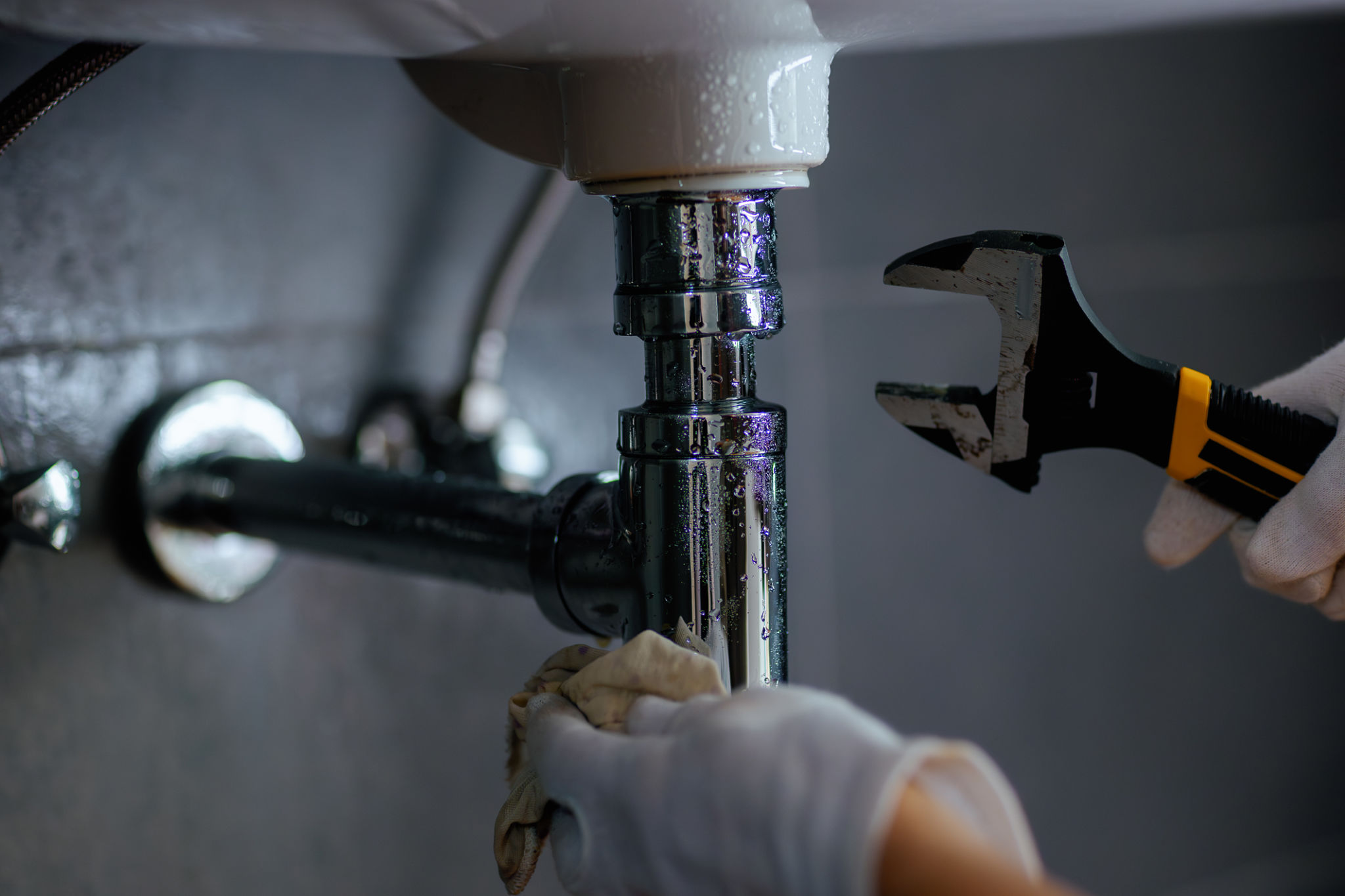Understanding Gawler's Plumbing Regulations: What Homeowners Need to Know
Introduction to Gawler's Plumbing Regulations
Understanding the plumbing regulations in Gawler is crucial for homeowners who want to ensure their plumbing systems are safe, efficient, and compliant. These regulations are designed to protect the health of the community and the integrity of the water supply. Whether you are building a new home or renovating an existing one, staying informed about these regulations can save you from potential fines and costly repairs.

Why Compliance Matters
Compliance with plumbing regulations is not just a legal requirement; it also ensures the safety and sustainability of your home's water systems. Non-compliance can lead to severe consequences, including water contamination, leaks, and even structural damage to your property. By adhering to the rules, homeowners contribute to the overall health standards of the community.
The Role of Licensed Plumbers
One essential aspect of Gawler's plumbing regulations is the requirement for hiring licensed plumbers. These professionals are trained to adhere to local codes and standards, ensuring that all installations and repairs meet regulatory demands. Working with licensed plumbers not only guarantees quality work but also provides peace of mind knowing that your plumbing system is in capable hands.

Key Areas of Regulation
Gawler's plumbing regulations cover several critical areas, including:
- Water Supply Systems: Ensuring that all connections to the main supply are secure and prevent contamination.
- Drainage Systems: Proper installation and maintenance to avoid blockages and overflow.
- Sewage Management: Safe disposal and treatment of waste to protect the environment.
Inspection and Approval Process
Before any new plumbing work can be considered complete, it must undergo a comprehensive inspection by local authorities. This process ensures that all installations comply with current standards and regulations. Homeowners should schedule inspections at various stages of the project to avoid delays and additional costs.

Common Pitfalls and How to Avoid Them
Homeowners often encounter issues with plumbing regulations due to a lack of understanding or oversight. Some common pitfalls include:
- Using non-compliant materials or fixtures.
- Failing to obtain necessary permits before starting work.
- Neglecting regular maintenance checks.
To avoid these issues, it is advisable to consult with professionals before commencing any plumbing project.
Staying Updated with Changes
Plumbing regulations can evolve over time, reflecting new technologies and environmental considerations. Homeowners should stay informed about any changes in local codes to ensure ongoing compliance. Subscribing to updates from local government bodies or consulting with your plumber regularly can help you stay ahead of any regulatory changes.
In conclusion, understanding Gawler's plumbing regulations is vital for maintaining a safe and efficient home. By working with licensed professionals, staying informed about local codes, and adhering to best practices, homeowners can ensure their plumbing systems are both compliant and reliable. Remember, investing in proper plumbing compliance today can save you from potential headaches and expenses tomorrow.
